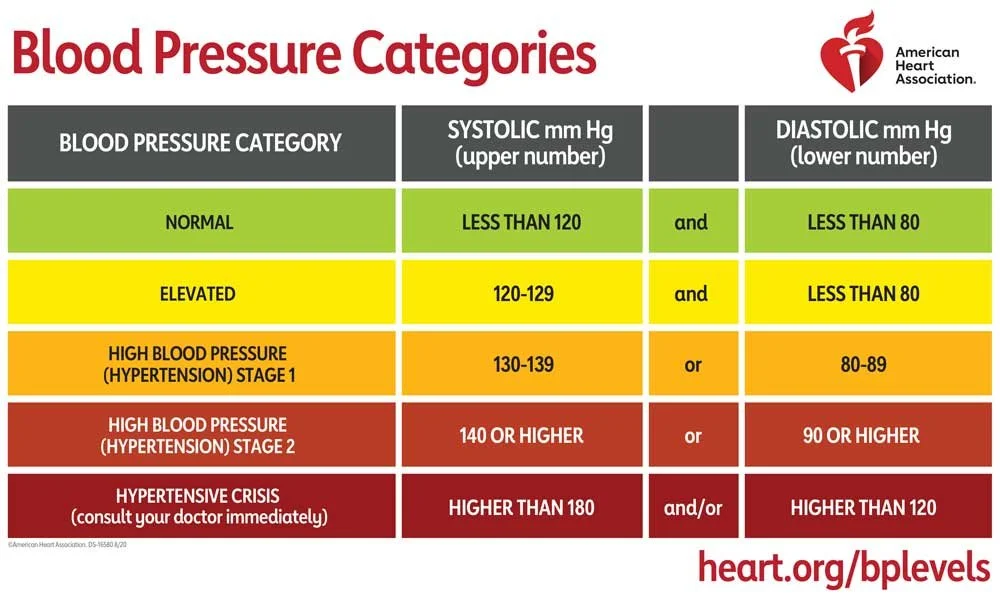Finding the right in-home care agency can feel like navigating uncharted waters, especially when the well-being of a loved one is at stake. Whether you're facing the challenge of balancing work and caregiving or simply need extra support for an aging parent, making informed decisions is key. From assessing specific needs to ensuring caregivers are qualified and compassionate, this guide provides actionable steps to simplify the process and help you choose the best care possible.
5 Safety Tips for Traveling with Your Aging Loved One This Holiday Season
Five Benefits of Downsizing for Seniors
The Importance of Breast Cancer Screening for Caregivers
We all know that life isn’t fair, but sometimes it seems like the odds are overwhelmingly against us. Ask any family caregiver who has been diagnosed with a chronic or potentially fatal disease. Their own health and the future of the loved ones who depend on them hang in the balance, which only compounds the distressing news.
Autumn Wellness Guide for Seniors
14 Fall Activities for Seniors That Boost Wellbeing
Understanding Blood Pressure Readings
Blood pressure numbers of less than 120/80 mm Hg are considered within the normal range. If your results fall into this category, stick with heart-healthy habits like following a balanced diet and getting regular exercise.
If your blood pressure is higher than 180/120 mm Hg and you are experiencing signs of possible organ damage such as chest pain, shortness of breath, back pain, numbness/weakness, change in vision or difficulty speaking, do not wait to see if your pressure comes down on its own. Call 911.
What’s a CPAP Machine, and How Does It Work?
A continuous positive airway pressure (CPAP) machine is the most commonly prescribed device for treating sleep apnea disorders. Obstructive sleep apnea (OSA) causes interruptions or pauses in your breathing, often because your throat or airways briefly collapse or something temporarily blocks them. A CPAP machine sends a steady flow of pressurized air into your nose and mouth as you sleep. This keeps your airways open and helps you breathe normally. Let’s take a closer look at how this machine works, the pros and cons of using one, and other options for sleep apnea.








